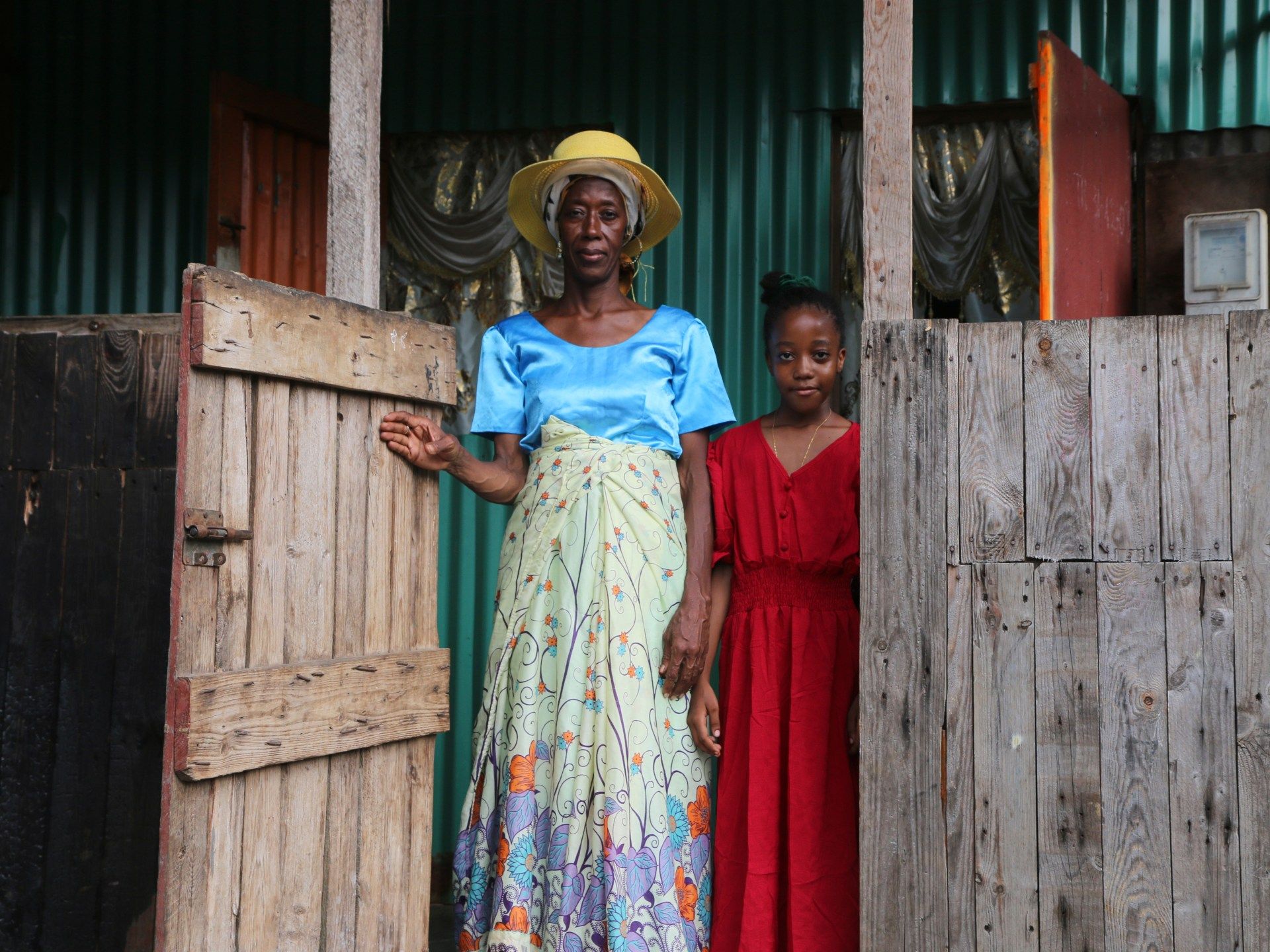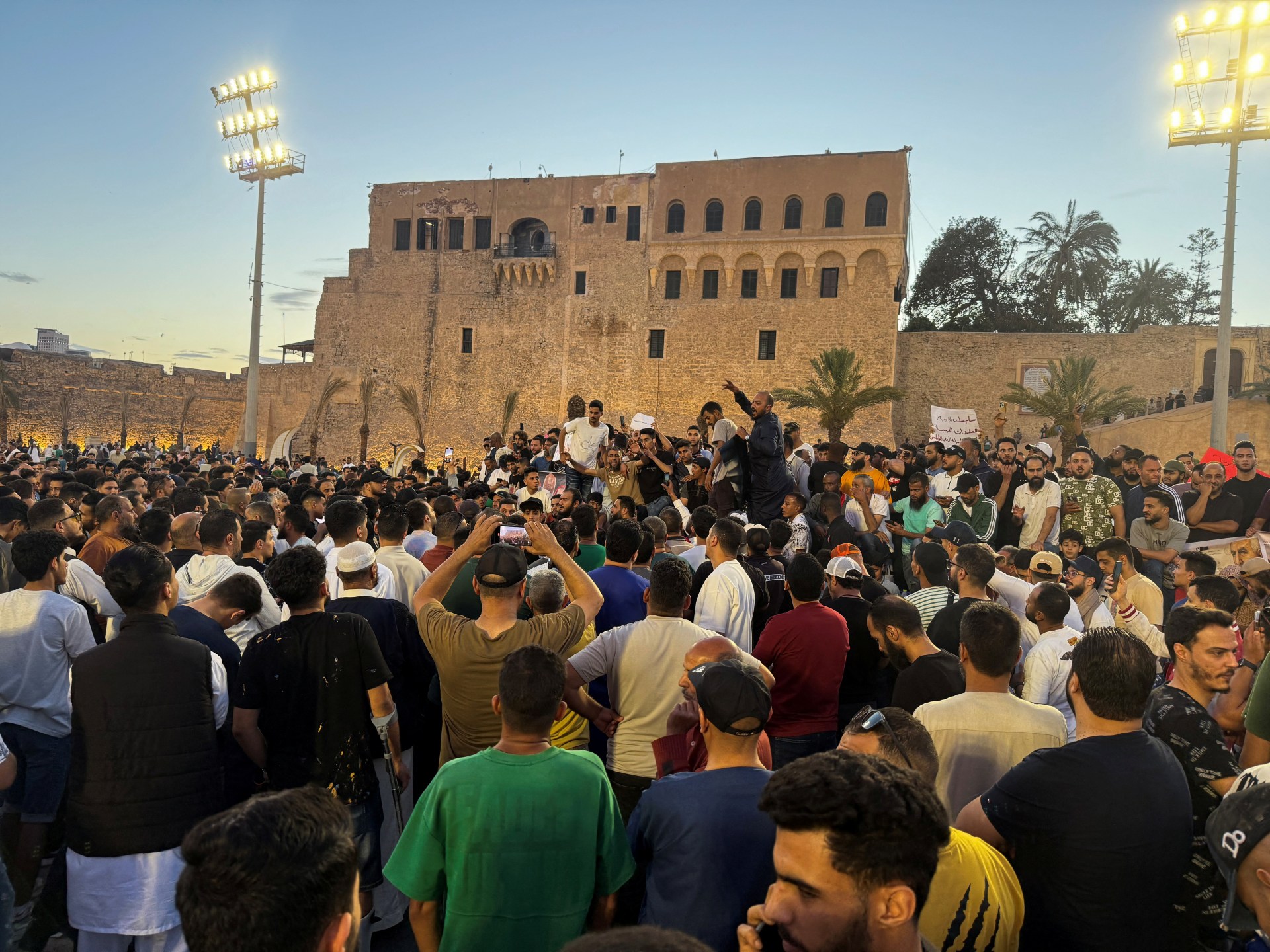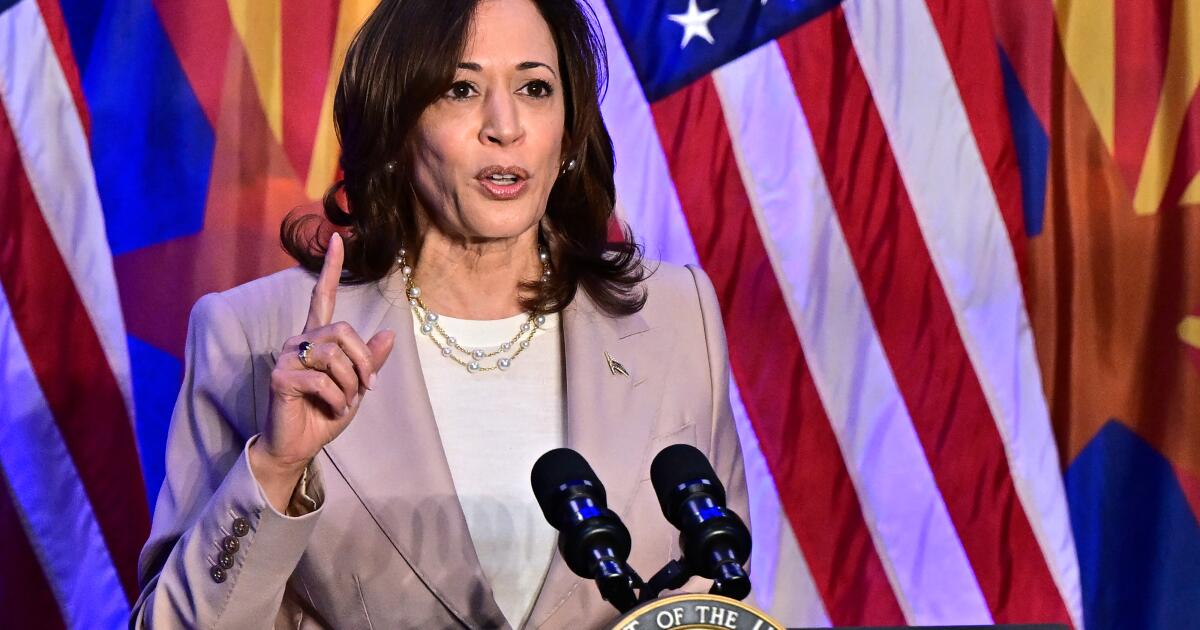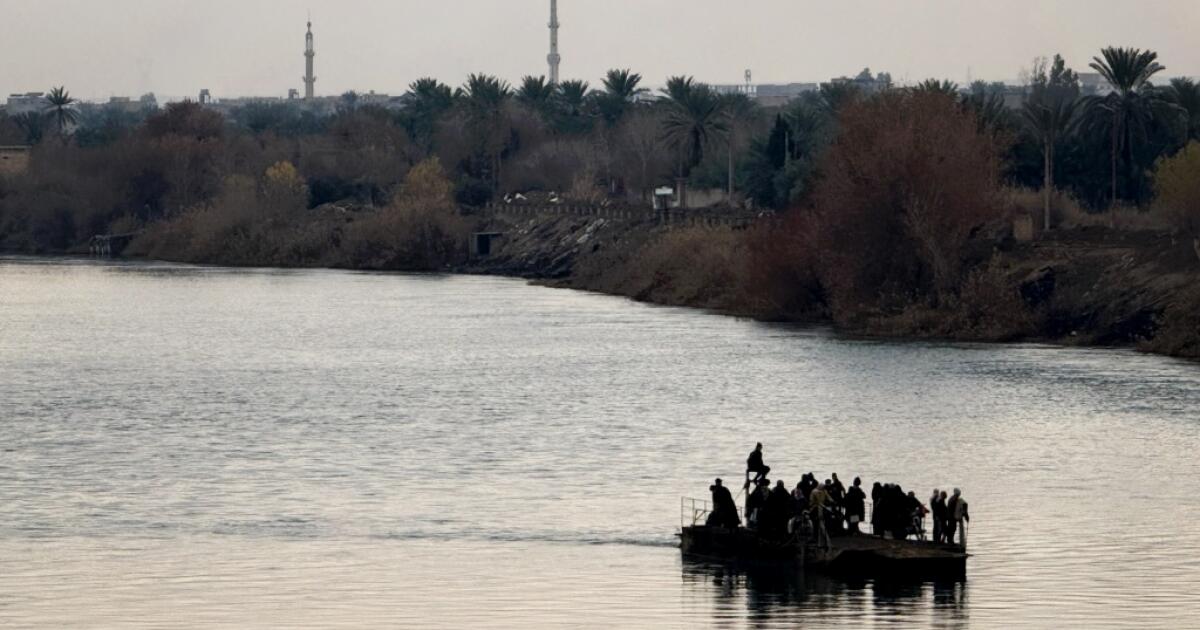France has announced a controversial plan to amend the constitution to restrict citizenship to people born to immigrants in the overseas territory of Mayotte, in a move aimed at curbing immigration to the Indian Ocean islands.
The measure has been welcomed by the far right, but opposed by socialists who say the birthright citizenship rule is “non-negotiable.” Leftist leaders fear that the constitutional amendment will open Pandora's box, as the far right will try to emulate it in mainland France.
The announcement comes less than three weeks after France's highest court threw out much of a new immigration law designed to tighten access to social benefits for foreigners and curb immigration, a hot potato in the country.
Here you will find more information about Mayotte (an archipelago between Madagascar and the African continent) and why the change has generated controversy.
What has France announced?
French Interior Minister Gerald Darmanin announced Sunday that children of immigrants born in Mayotte, which comprises two islands, will no longer automatically become French citizens.
The decision comes after weeks of protests in Mayotte, which has seen deteriorating living conditions attributed to immigration from the impoverished Comoros islands.
“It will no longer be possible to become French if you are not the child of a French father,” Darmanin said.
Currently, France grants citizenship by both paternity and place of birth. The latest proposal would cause further political tensions in France following the adoption of a new immigration law.
But the French Interior Minister assured that the “radical measure” would be “limited to the Mayotte archipelago.”
Where is Mayotte?
Mayotte is one of the five overseas departments of France located in the Indian Ocean, off the coast of East Africa and made up of two islands.
The others in the surrounding archipelago sought independence, becoming the Comoros Islands.
The Muslim-majority overseas territory, which voted to remain part of France in 1974, became a full-fledged French department in 2011.
What are the French overseas territories?
France administers 12 territories outside Europe, known as French overseas territories. These territories exist under various statuses as part of the French state and are largely remnants of the French colonial empire.
The French overseas territories, which are divided into three categories: overseas departments, overseas communities and special territories, together are home to more than 2.6 million people.
The territories, known collectively as Overseas France, are subject to the French constitution and the local administration cannot make its own laws and regulations.
Why is France planning to revoke birthplace citizenship in Mayotte?
Sunday's decision by the French Interior Minister came in a bid to curb immigration in Mayotte, which has been the scene of gang violence amid falling living standards. Darmanin said the reform was French President Emmanuel Macron's idea.
Mayotte residents say the arrival of migrants has put health, housing and education services under pressure. In the capital, Mamoudzou, several hundred protesters greeted Darmanin and his entourage with boos and shouts of “Mayotte is angry” amid a lack of basic services, including water shortages.
Darmanin said the move would reduce the archipelago's “attractiveness” to potential migrants.
According to France's National Institute of Statistics and Economic Studies (INSEE), the 375-square-kilometer (145-square-mile) island is home to about 310,000 people, but officials say this figure is seriously underestimated.
More than 40 percent of islanders survive on less than 160 euros ($172) a month, INSEE says.
Residence permits issued to foreigners in Mayotte are only valid for the island and cannot be used to travel to mainland France. Eliminating that system is one of the protesters' key demands.
Darmanin said authorities would abolish the measure as part of the reform, which some protesters welcomed.
What are the reactions to France's announcement?
Boris Vallaud, head of the Socialists in the National Assembly, said they would oppose the revision of the Constitution. “Birthright citizenship is not negotiable,” he told a local radio station.
The decision was also denounced by Manon Aubry, of the far-left France Insoumise (LFI) party. President Macron's administration was “attacking the very concept of nationality, the basis of the Republic,” he wrote in X.
The French advocacy group SOS Racisme also denounced what it called “a particularly spectacular questioning of the principle of equality.” Centrist MP Aurelien Tache told local media that “if this provision is enacted and if Marine Le Pen comes to power, it will be the end of birthright citizenship in France.”
But Eric Ciotti, leader of the right-wing Republican party, welcomed Darmanin's proposed reform but complained that it did not go far enough. The measure should apply throughout French territory, he said.
Sebastien Chenu, spokesman for Le Pen's far-right National Rally party, took a similar stance.
Le Pen's niece, Marion Marechal, of the far-right Reconquete party, also welcomed the announcement.
Has France had tensions with other overseas territories?
Macron has proven unpopular throughout French overseas territories. In the last presidential election, the majority of voters in the overseas territories voted for far-right candidate Marina Le Pen instead of Macron. Le Pen won 41 percent of the vote.
This distrust in the system is due to the discriminatory treatment of the territories compared to mainland France.
After Macron's election in 2017, a social movement emerged in French Guiana protesting the insufficiency of public services in the region. The president responded by saying that he is not Santa Claus. During his election campaign, he also incorrectly called French Guiana an island.
The Macron government subsequently closed France O, a television channel that featured programming from overseas departments.
The French departments of Martinique and neighboring Guadeloupe also saw street demonstrations and riots following mandatory vaccination rules for healthcare workers.












